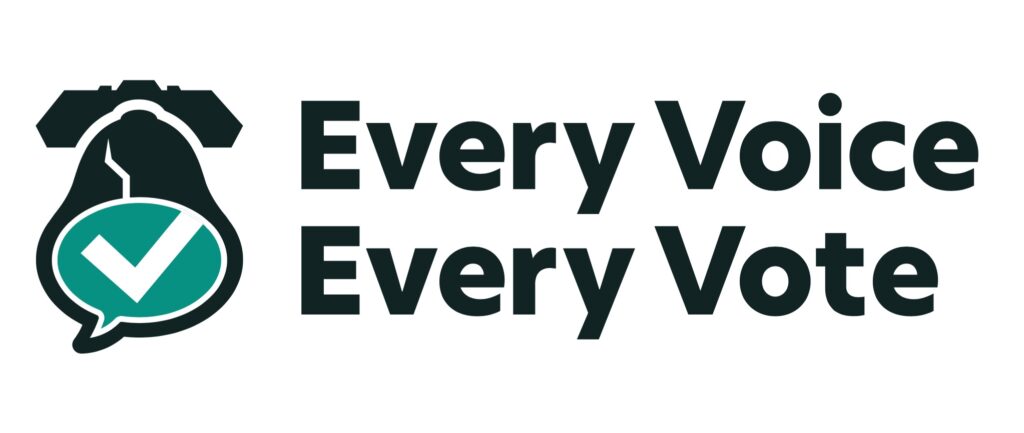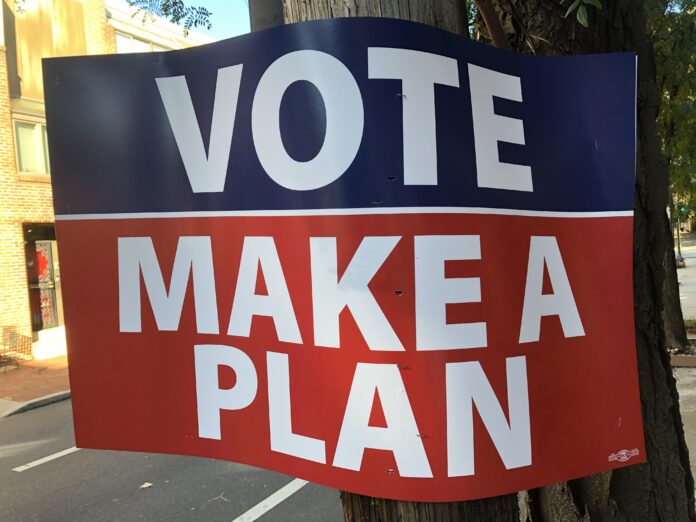As many Philadelphians debate who to vote for in the May 16 primary election, one group must navigate how they’ll even be able to cast their ballot: those struggling with housing insecurity and homelessness. The specific requirements for voter eligibility as well as being able to get to the correct polling location are among the barriers for those without permanent housing. However, various resources and organizations are offering help throughout the process.
A significant issue that housing insecure voters face is that a permanent address is required for voter registration. The City of Philadelphia has considered the issue and offered that mailing addresses, as opposed to residential addresses, can be used for registration.
“Those who are experiencing housing insecurity or homelessness can register to [vote] where they get their mail. There are shelters and churches around the city which provide the ability to get mail and therefore register to vote” said Deputy Commissioner Nick Custodio, who works in the Office of Commissioner Lisa Deeley.
One such provider is Broad Street Ministry, a regional social services organization practicing radical hospitality to help those experiencing poverty. Chief Program Officer Geremi James highlighted specific challenges that those experiencing housing insecurity face with voting access, including “access to education around what information and who is on the ballots, access to proper identification if they are voting in a new district for the first time, and transportation resources to polling places.”
Broad Street Ministry allows guests to register to vote using their address and have staff available to guide them to the associated polling place. “We provide opportunities year-round for voter registration and also help guests get the supporting documents they need to access voter registration and proof of ID for new-to-district voters,” said James.
Broad Street Ministry also offers educational services leading up to the election to inform guests about who and what is on the ballot.
Bethesda Project, an organization that provides emergency shelter, permanent housing, and other supportive services to those experiencing homelessness, found a way for their guests to have an opportunity to learn more about the mayoral candidates. Alison Houghton, the organization’s Development & Communications manager, shared that “This year in particular we did a call out for any of our guests or residents and asked if anyone was interested in attending the Mayoral Forum on Homelessness…so we provided transportation for them and took them.” This forum took place this past April at Outley House, a local emergency shelter.
Additionally, Bethesda Project has staff available at their various locations to assist with the voter registration process.
Likewise, Project HOME, an organization working to end homelessness and alleviate poverty in Philadelphia, developed an informational non-partisan voters’ guide. As a part of the Vote for Homes Coalition (which includes Broad Street Ministry, Bethesda Project, Pennsylvania Voice, as well as other regional organizations), the guide provides direct responses from the mayoral candidates in regard to what their plan is to prevent and end homelessness.
The Vote for Homes Coalition is a non-partisan group advocating for affordable housing and other social services in Philadelphia, as well as assisting and mobilizing housing insecure and homeless voters.
Jennine Miller, Project HOME’s Director of Advocacy and Community Engagement, said that the upcoming election is important for the city “because the next mayor can end homelessness and ensure that people have access to affordable housing.”
Project HOME and their collaborators also created a Mayoral Policy Brief that was shared with all the candidates in the effort to help shape their affordable housing policies.
In addition to their voters’ guide, Project HOME, with the Vote for Homes Coalition, have compiled election resources, including assistance with mail in ballots, finding the correct polling location, voter rights information, educational materials covering what is on the ballot, and sample ballots.
Housing insecure and homeless voters can also call the national Election Protection Hotline at 1-866-OUR-VOTE. There, they can speak with a non-partisan representative who can assist with any questions or issues that may come up throughout the registration and voting process.
The primary election takes place on Tuesday, May 16th, 2023. Polls will be open from 7:00 a.m. to 8:00 p.m.


